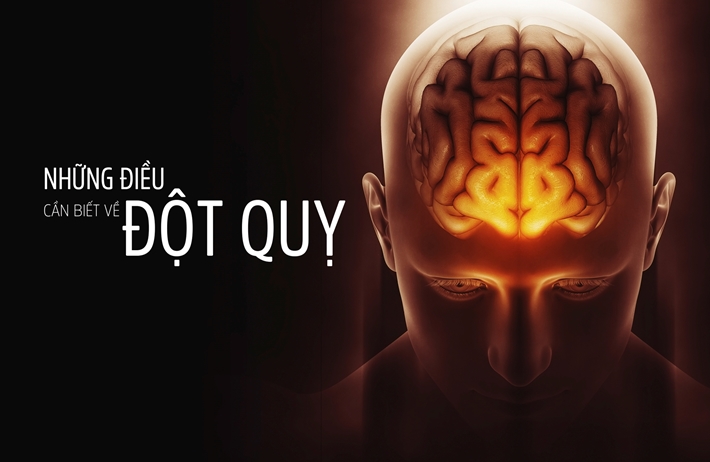What to Do If Your Loved One Has a Stroke (Part 2 - First Aid)

1/17/2018 9:27:24 AM
- Stroke is a medical emergency. Every minute counts when your loved one is having a stroke. The longer blood flow is cut off to the brain, the greater the damage. Immediate treatment can save his or her lives and enhance the chances for successful recovery.
- Treatment within 3 hours of symptoms improves chances of recovery with little or no disability, but you need to arrive at the hospital within 60 minutes after symptoms start to prevent disability.
(Click to watch the First Aid video)
Here are some basic steps to help a person with a stroke while waiting for medical assistance.
STEP 1
- Open their airway (loosen their clothes, avoid any obstruction or compression in the neck-chest area)
- Elevate their head to 20-30 degrees
- Tilt their head (in case they vomit)
STEP 2
- Keep them as responsive as possible
- Check for normal breathing
STEP 3
- Put them in the recovery position
AVOID
- Pricking their fingers or ears and treating the patients by yourself
- Acupuncture, acupressure, gua sha (scraping/coining), massage
- Letting the patients eat, drink or take medicine